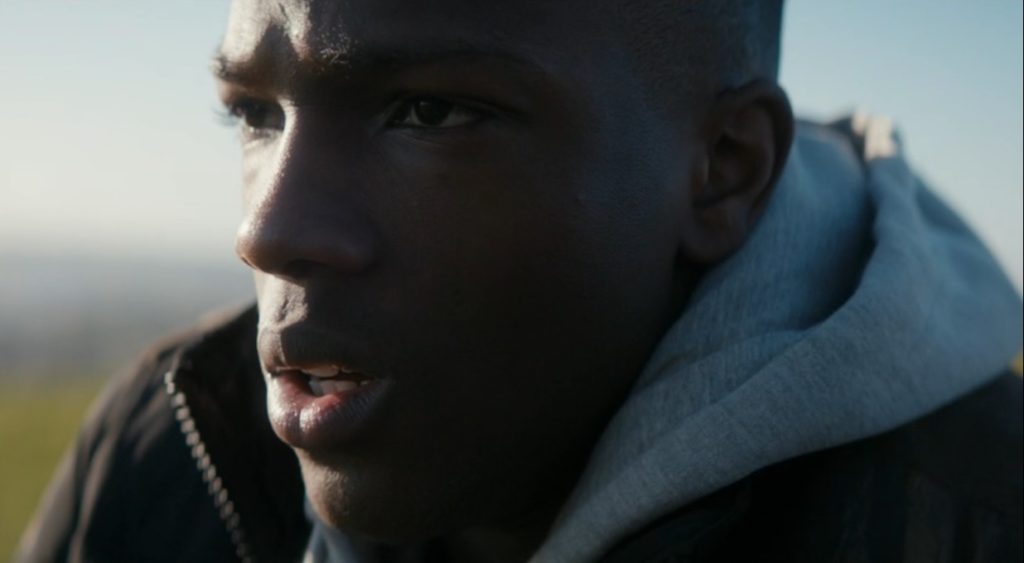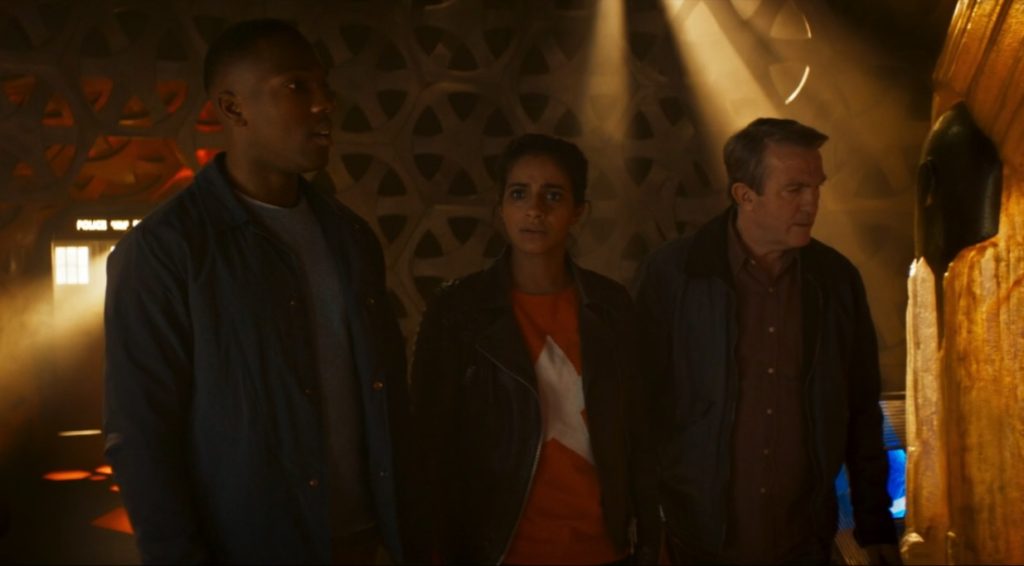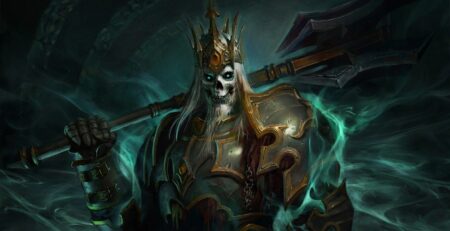
Doctor Who is a BBC sci-fi television series that was created in 1963. The show was created by Sydney Newman, C.E. Webber, and Donald Wilson. The series follows the Doctor, an ancient alien who travels the universe, having adventures, battling evil, and saving lives. During the 50+ years of its existence, the series has featured 15 actors playing the title character. When facing life-threatening injury, The Doctor can regenerate themselves. This leads to a new actor and typically a new series. The most recent actor to play the figurehead of a season is Jodie Whittaker, under showrunner Chris Chibnall.
The subject of this piece originates from the first episode of the eleventh season of the revived show, titled “The Woman Who Fell to Earth.” This first aired on October 7, 2018, when I was 21. With a new series, Doctor, and showrunner, I was eager to see this fresh new start. The episode opens on a hillside in Sheffield, a city in Yorkshire. A young man in his early twenties is on his bike at the end of a path, his grandmother standing next to him. The man, Ryan Sinclair (Tosin Cole), starts to ride towards his nan’s second husband, Graham. Before he makes it halfway, the bike topples and Ryan crumples to the ground. Furious and frustrated, Ryan picks up the bike, takes it to the edge of the cliff, and throws it over into the wood below. This action will eventually start a chain of events that leads him, his old school friend, and Graham, to become the Doctor’s new companions. And more tragically, the death of his grandmother.
Ryan is sent down into the woods at the bottom of the cliff to collect his bike. While there, he has his first-ever encounter with alien activity. Later in the episode, he leads the Doctor and the rest of this new team back to this area. Leaning in close to the Doctor, his grandmother explains why he was learning to ride a bike. “He’s got Dyspraxia. It’s a coordination disorder.” And at that point, I dropped my tea in my lap.
That was the first time in 21 years that I had heard that word said in fiction.
Dyspraxia is, as Ryan’s Grandmother rightly points out, is a coordination disorder. It affects motor functions, from handwriting and hand-eye coordination to participating in sports and physical activities. Other symptoms involve difficulties in perception and speech. Within my own body, it is very mild, as it appears to be in Ryan’s. But the disorder can be more serious in other people. The most common way I find it presents itself for me is the constant shaking of my hands.
I was diagnosed with the disorder at the age of seven when a teacher commented to my parents that I was particularly clumsy and struggled to perform tasks that other children my age were starting to learn themselves. Actions such as tying my shoelaces were unfathomable to me, and my handwriting most of the time was illegible. Riding a bike was even harder. And when it came to PE lessons and sports, my struggles became much more noticeable to the other children around me
It is crucial for me to point out that physical activities are not impossible for people with Dyspraxia. As Ryan says in the episode “Kerblam,” “You get there in the end, it just takes me a bit longer.” These actions take place at several points within Doctor Who. In the first episodes, “The Woman Who Fell to Earth” and “The Ghost Monument,” Ryan is extremely cautious about climbing ladders at speed. It should be noted that Ryan rarely ends up failing when he tries one of these tasks, he may just hesitate before he does so, or warn those around him.
The worst part of having Dyspraxia for me personally, and part of Ryan’s experience that Chibnall wrote into the first episode, is the actions of others towards you. When Ryan admits to being partially responsible for the alien invasion, Graham lashes out in anger. “And I suppose you’ll be blaming this on the Dyspraxia as well,” is the comment that comes from the man that wants Ryan to call him Grandad. This style of insult has been hurled at me numerous times and prompted a profound response from me when I heard it within the episode. Schoolkids can be cruel. And words such as “clumsy” and “weird” were soon replaced with worse ones.

Ryan Sinclair is a fantastic character for multiple reasons, and Cole portrays him superbly. He’s soft-spoken and incredibly emotive. He clearly has confidence issues but is defensive of those close to him and reluctant to back down from a fight. A lingering sub-plot as he journeys across the stars is his disappointment towards his absent father. He is also desperate to impress those around him, devoted to making people proud. He has a knowledge of mechanics and infectious, lively energy. Episodes will pass without there being any mention of his disability. Because that’s not his defining characteristic, his heart is.
The first episode is bookended in a wonderful way. After the death of his grandmother, Ryan Sinclair returns to the hillside with his bike, determined to learn. But I found it very important that he didn’t start instantly riding smoothly. In fact, he continues to fall off for the duration of the scene. It is a beautiful moment as the loss he faces makes him strive to make her proud. But it also takes longer than just one day.
Doctor Who, whilst easily watchable by audiences of any age, does have a giant audience of children and young people who follow the series. For children with Dyspraxia, speaking solely from my individual experience, it can have a devastating effect on confidence. But Ryan, while still struggling occasionally, is able to achieve remarkable things despite finding them difficult. He is still able to defeat evil despite his disorder. Seeing this may inspire those children to not give up themselves. It is something that would certainly have helped me growing up.
Finding someone that looks like me, a white British male, in the media is as easy as pressing the on button on my TV. But it took me a very long time to discover a character that I could relate to on such a profound level. Somebody that hinted at the exact same experiences that had affected me. This is something that anyone with a disability faces, especially for those disabilities that can’t always be seen. Ryan Sinclair is the first companion within Doctor Who’s long history to have a known disability, and it is covered with grace, sensitivity, and knowledge. I’m really grateful that Chris Chibnall attached Dyspraxia to Ryan. Because I could have gone even longer before I found someone else.
Ryan Sinclair can be seen for the last time in “Revolution of the Daleks,” a special episode airing on New Years Day. Viewable on BBC One and BBC America.



